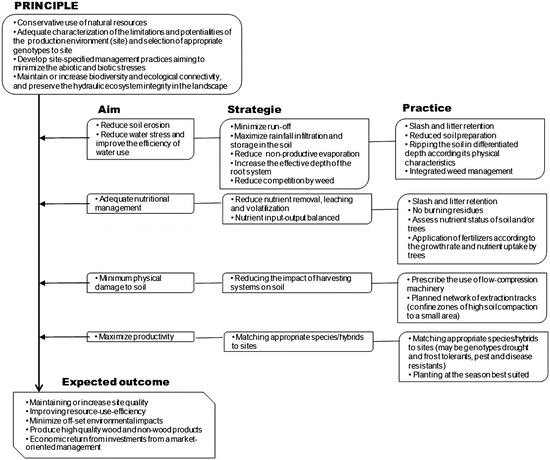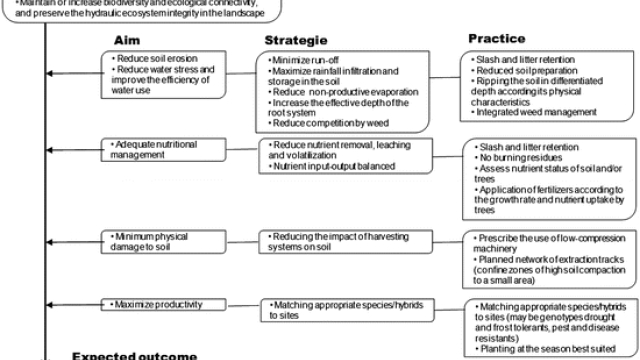In the realm of property management, one particular niche stands out for its rich history and unique approach – plantation-based property management. Rooted in traditions that trace back centuries, this form of management holds a certain allure, encapsulating the essence of prosperity, cultivation, and sheer natural beauty. From sprawling estates adorned with vibrant floral displays to meticulously maintained agricultural landscapes, the art of plantation-based property management truly embodies both functionality and aesthetic appeal.
At its core, plantation-based property management revolves around embracing the symbiotic relationship between humans and nature. These properties exemplify a harmonious blend of careful planning and meticulous execution, seeking to create a balanced ecosystem that not only enriches the land but also nurtures a sustainable sense of prosperity. By leveraging knowledge passed down through generations, property owners and managers pride themselves on establishing, maintaining, and enhancing these plantations in ways that both respect tradition and embrace modern practices.
At first glance, plantation-based property management may conjure up images of vast monoculture landscapes solely focused on the cultivation of crops. While it is true that agriculture plays a vital role in plantation management, this approach encompasses a more holistic view. Plantation owners often strive to create a diverse and self-sustaining environment that brings together agriculture, forestry, and conservation. The aim is not only to generate economic prosperity but also to protect and preserve the natural resources that make these properties so captivating.
In the following sections, we will delve into the intriguing world of plantation-based property management, exploring the various facets that contribute to its success. From understanding the historical context and cultural significance to gaining insights into the intricacies of agricultural practices and sustainable land management techniques, we will embark on a journey that unveils the artistry and complexity behind this time-honored discipline. So, join us as we explore the art of cultivating prosperity through plantation-based property management.
Historical Background
Plantation-based property management has a rich history rooted in the establishment of large agricultural estates. These plantations were prevalent during various periods and regions globally. However, it was during the colonial era, particularly in the Americas, that plantation-based property management became intrinsically linked to economic prosperity and exploitation.
The origins of plantation-based property management can be traced back to the 15th century when European explorers ventured into new territories in search of resources and land. In their conquests, they encountered fertile soils and favorable climates that were ideal for cultivating cash crops like tobacco, cotton, sugar, and coffee. This discovery led to the establishment of plantations as a means to efficiently grow and manage these lucrative crops.
During this time, African slaves were taken from their homelands and forced to work on these plantations under harsh and inhumane conditions. The use of slave labor enabled plantation owners to maximize their profits and build vast fortunes. This exploitation created a deeply entrenched system of oppression and racial inequality that persisted for centuries.
The plantation system reached its peak in the 18th and 19th centuries, particularly in the American South and the Caribbean. The massive scale of these plantations, owned predominantly by wealthy landowners, shaped entire economies and societies. Vast amounts of land were acquired and divided into sections for different crops, creating an intricate system of agricultural management.
In conclusion, the historical background of plantation-based property management is deeply intertwined with the exploitative practices of the past. The legacy of this system continues to impact societies today, highlighting the need for a critical examination of its origins and implications.
Key Principles and Strategies
Plantation-based property management requires a deep understanding of the key principles and strategies that drive success in this unique field. By embracing these principles and implementing effective strategies, property managers can cultivate prosperity and maximize the potential of their plantations.
Sustainable Agriculture: A cornerstone of plantation-based property management is environmentally responsible and sustainable agricultural practices. By employing techniques such as crop rotation, soil conservation, and integrated pest management, property managers can optimize yields while minimizing negative impacts on the environment. This approach not only ensures the long-term viability of the plantation but also contributes to the preservation of natural resources.

Workforce Development: An essential strategy for successful plantation-based property management is investing in the training and development of the workforce. By equipping workers with the necessary skills and knowledge, property managers can enhance productivity, efficiency, and overall plantation performance. Providing ongoing training and creating opportunities for career advancement not only enhances employee satisfaction but also fosters a culture of excellence and professionalism.
Diversification and Market Analysis: Another key principle in plantation-based property management is the need for diversification and continuous market analysis. Property managers should regularly assess market trends, consumer preferences, and emerging opportunities to identify potential areas for diversification. By exploring new crops, products, or market segments, property managers can adapt to changing market dynamics, expand revenue streams, and mitigate risks associated with overreliance on a single crop or market.
By adhering to these key principles and implementing effective strategies, property managers can navigate the complexities of plantation-based property management and unlock the full potential of their plantations. Sustainable agriculture, workforce development, and diversification are crucial elements in achieving long-term prosperity in this field.
Benefits and Challenges
Plantation-based property management brings with it a range of benefits and challenges. Let’s explore some of the key aspects associated with this unique approach.
Enhanced Agricultural Production: One of the main advantages of plantation-based property management is its ability to facilitate large-scale agricultural production. By focusing on specific crops or trees, plantations can maximize productivity and yield. This concentrated cultivation allows for streamlined processes, optimized resource allocation, and increased output, leading to greater economic prosperity for landowners and communities.
Sustainable Land Use: Plantation-based property management offers opportunities for sustainable land use practices. Through careful planning and implementation, plantations can play a crucial role in environmental conservation and ecosystem management. By effectively integrating forestry, agriculture, and conservation efforts, land can be utilized in a manner that balances economic development with a conscious commitment to protecting natural resources and biodiversity.
Socioeconomic Impacts: While there are undeniable economic benefits, plantation-based property management also presents social challenges. Large-scale plantations can have significant impacts on local communities, including issues related to land rights, labor practices, and income inequality. It is essential for plantation owners and managers to prioritize fair treatment, equitable opportunities, and community engagement to ensure that the benefits of plantations extend beyond economic gains and positively impact the social fabric of the region.
Property Management Sunrise
In conclusion, plantation-based property management can provide numerous benefits, such as increased agricultural production, sustainable land use practices, and potential socioeconomic improvements. However, it is crucial to address the challenges associated with this approach, particularly those related to social and community issues, to ensure a balanced and inclusive approach to prosperity cultivation.
